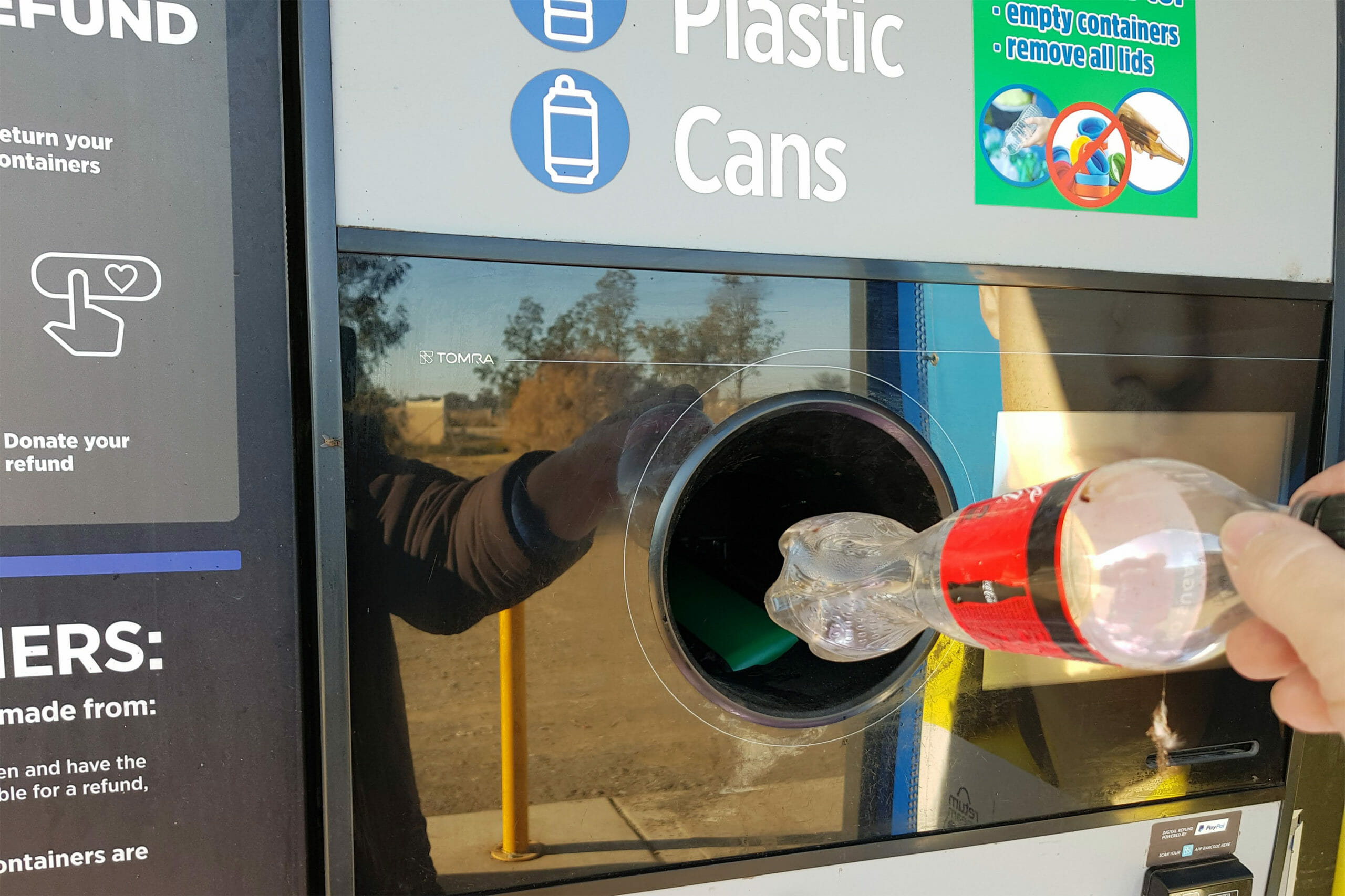
Irish Government Stepping Up Efforts To Reduce Waste
The Irish government has taken several steps this year to increase the country’s efforts to recycle more of its waste materials and to encourage the use of sustainable alternatives for disposable products. These steps have included actions such as the introduction of a deposit return scheme (DRS) on drinks containers and a levy placed on disposable coffee cups.
Ireland Deposit Return Scheme
On 28th November, Minister Ossian Smyth launched Ireland’s deposit return scheme. The aim of the scheme is to incentivise the recycling of the estimated 1.9 billion drinks containers that are used in Ireland every year, including plastic bottles and aluminium and steel cans. Consumers will have to pay a small refundable deposit when purchasing bottled or canned beverages. The charges are set at 15c for containers with a capacity of 500ml or below, and at 25c for containers with a capacity above 500ml.
In July 2022, Minister Smyth appointed Deposit Return Scheme Ireland CLG, who trade as Re-turn, to operate the scheme. All retailers and producers will be required to register for the scheme, which they will be able to do for free.
Minister Smyth has said, ‘The Deposit and Return Scheme is an exciting new, circular initiative that will transform the way we think about empty drinks bottles and cans. The refundable deposit shall incentivise us to return these containers so producers can make new bottles out of old bottles and new cans out of old cans, saving materials, energy and reducing litter.
‘The Scheme is a massive undertaking for the producers and retails and Re-turn, the producer-led company, who have shown great commitment and leadership in coming together to develop it.’
Minister Smyth was joined at the official launch of the scheme by the Chair of DRS Ireland, Tony Keohane, who said, ‘We are delighted to launch the first phase of this new Deposit Return Scheme in Ireland and we are calling on all producers and retailers to register online today at www.re-turn.ie.
‘Under the Single Use Plastics Directive, Ireland must ensure the separate collection of 77% of plastic beverage bottles placed on the market by 2025, rising to 90% by 2029. Deposit return schemes are a proven success in more than 40 other jurisdictions around the world, including 12 in Europe, and will help us reach our recycling targets. We look forward to continued collaboration with the producers and retailers in establishing a Deposit Return Scheme that delivers significant environmental benefits for everyone.’
The scheme will begin immediately with the registration of retailers and producers and is due to go live for consumers in February 2024.
Minister Smyth stressed the necessity for such a scheme, saying, ‘We are not recycling enough to meet EU targets. We’ve got a target for 2025 and another for 2030, and in order to do that, we believe that we need to give people an incentive to bring back the bottle or the can.’
Latte Levy
This DRS is not the only action the government has taken this year to incentivise more sustainable practices. The government recently ended its 90-day public consultation period on what has become known as the ‘Latte Levy’
The Latte Levy is a small fee being charged on the use of disposable coffee cups; this is designed to encourage the use of reusable and recyclable alternatives. The levy also facilitates the use of CCTV to prevent and detect illegal waste dumping and littering.
Minister Smyth pointed out that many cafés have already made the decision to remove disposable coffee cups on their own and that it has been ‘working really well for them’. He also cited the success that the similar levy on plastic bags had 20 years ago.
The Minister went on to say, ‘It’s not just about coffee cups, it’s any food packaging or product packaging. If we find out there is a good reusable alternative and we think it’s feasible to move to that, we can put a small levy on something and encourage consumers to change. We are starting with coffee cups. We have been through this process before with the plastic bags 20 years ago and we made exceptions.’
JBX PaperPak
At JBX PaperPak, we are delighted to see the government taking such meaningful steps to reduce the amount of plastic and other types of waste being produced in Ireland and to incentivise the transition away from single-use products towards sustainable alternatives. The schemes being introduced in Ireland have already been successful in many other countries around the world, and so we have every confidence that they will be a success in Ireland too.
We want the government not to get complacent with any successes these schemes bring, but rather use it as momentum to keep pushing us forward in this direction. We need to keep marching towards the ultimate goal of a fully circular economy; to achieve this we have to end our reliance on single-use and disposable items and embrace reusable and recyclable alternatives.
Share this article
Related articles for you
The Problem with Plastic
The Future of Packaging Is… Paper?
Single-Use Plastic Bans in the UK
The Role of Paper Straws in the Coronavirus Pandemic
Subscribe To Our Newsletter
To keep you up date to our new products and lates news
Free shipping on all orders over £200*
Subscribe To Our Newsletter
To keep you up date to our new products and lates news
Free shipping on all orders over £200*
Frequently Asked Questions
Our paper straws are made by stacking 3 plies of high-quality food grade kraft paper and putting them through a core-winding machine that applies an adhesive and rolls the straws into shape. They are then cut to size, coated in lacquer to ensure quality and are then ready to be sold.


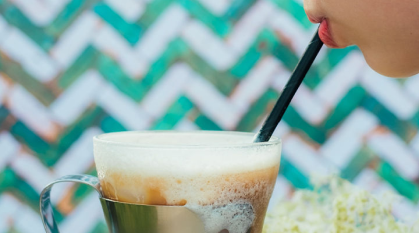
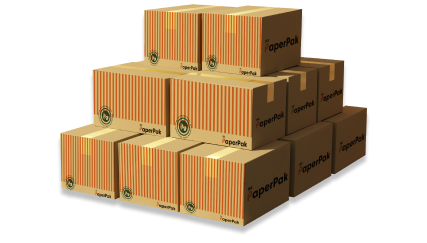
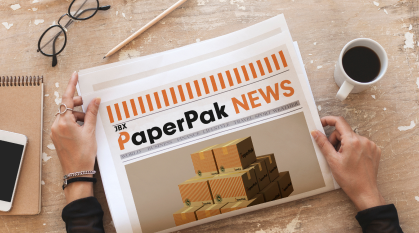
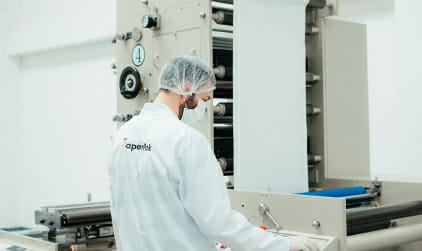
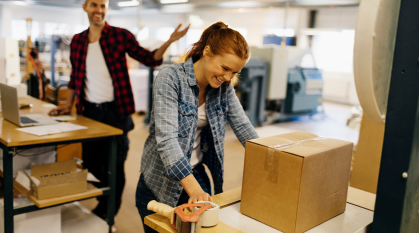
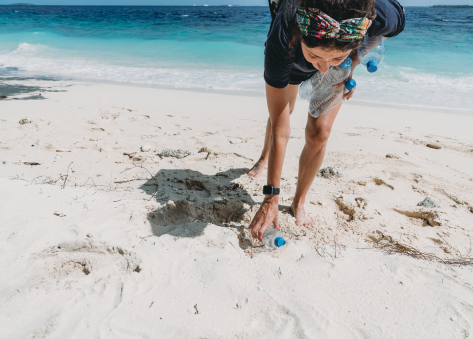
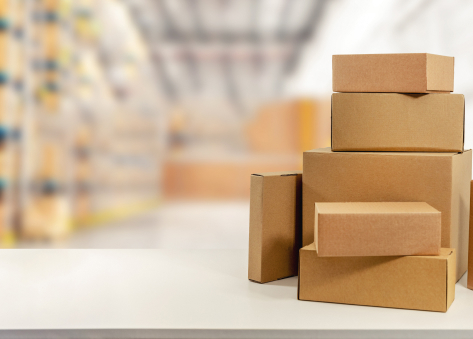
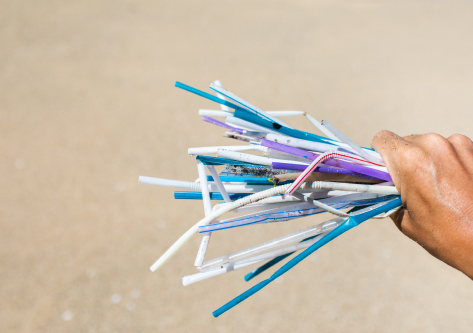
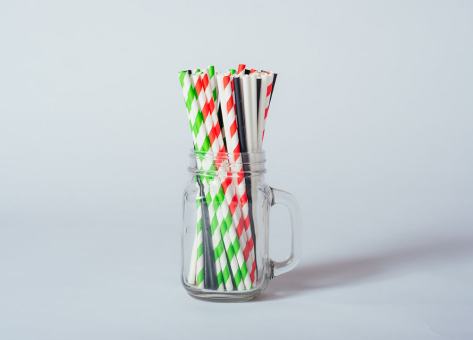

Get social